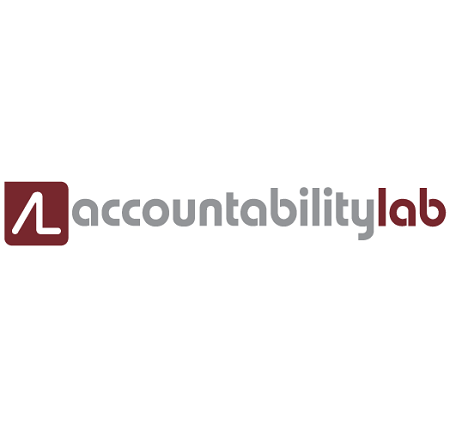In a bid to further operationalise best international practices in the public service, the Accountability Lab Nigeria has called for the implementation of the revised gender National Gender Policy in Ministries, Department, and Agencies (MDAs) of government.
The organisation said the revised National Gender Policy affords MDAs the opportunity to implement gender actions, gender-responsive budgeting, and gender concerns tailored towards giving women more opportunities in leadership roles.
The Country Director of the organisation, Friday Odeh said this in Abuja at a two-day capacity-building workshop on National Gender Policy for representatives of MDAs.
The workshop was put together by Accountability Lab Nigeria in collaboration with the Women’s Rights Advancement Protection Alternative (WRAPA), and sponsored by Canadian Fund for Local Initiatives.
Odeh noted that implementation of the policy would pave the way for women to make decisions and contribute to the decision-making process in various MDAs.
Odeh urged the National Assembly to reconsider the five gender equal opportunity bills it rejected last year, saying that the country was heading towards gender inclusive society that required the passage of the bills whether now or later.
He said: “If the law is implemented it applies to the government, that is why we say since the gender policy has been revised why not implement it as an active engagement with government, we can even for instance have 3 males to 2 females out of five directors, at least female can now have the voice to make decisions and contribute to the decision-making process in MDAs,
“Women can contribute to budgeting process in a way that affects women in our society when it comes to health and education. The point is to have women in places of leadership that can help contribute to decision-making as it affects women generally.
“I will say strongly yes for them to reconsider the bills because Nigeria in the near future will transit into an inclusive system, it is better we do it now or will do it tomorrow, so this is a good time to revisit the gender equality bill to give room for gender to be prioritised in decision making.
“The MDAs represented here can actually pick the gender policy and implement it as it concerns them because there are five pillars of economic empowerment to climate change, to governance. They can pick where it concerns them to mainstream gender into their processes, activities, and practices.
“It will be very effective without the law being passed. The law only says you must do it but the policy is the practice. The law just emphasised special seats for women and it must be enforced.”
The Programs and Learning Manager for Accountability Lab Nigeria, Ehi Idakwo said: “In March 2022, there were about 5 bills that concerned gender equity-equality that were thrown from the National Assembly- these bills were on citizenship, indigeneship and 35 percent legislative seats to women as well as reserve 35 percent political party leadership.
“You’ll agree with me that gender issues in Nigeria are relegated to the background and we see an opportunity through this training to create awareness of the National Gender Policy and Increase the capacity of participants to actively contribute and implement gender equality initiatives in their various organisations.”
